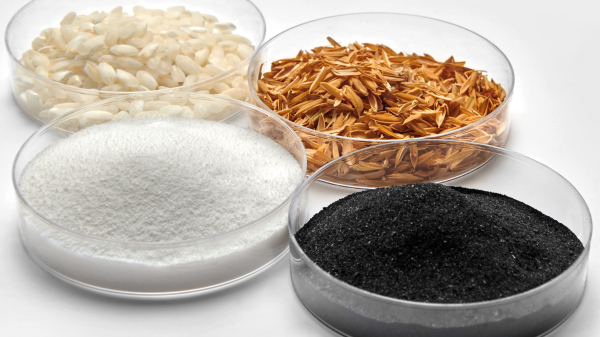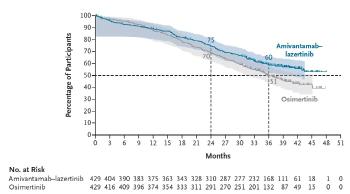Continental Expands Recycled Materials, ISCC Certification..Accelerate sustainable tire innovation
Jul 23, 2025
|
Carbon black and silica are at the center of this change. Along with rubber, it is a representative filler material widely used in tire production, which not only strengthens the durability of the tread but also determines core performance such as grip and braking force. Continental receives these materials on a renewable or recycled raw material basis, and embodies strategies to reduce resources and secure sustainability. In addition, in order to reduce resource consumption, carbon black and silica are also actively introducing products produced based on recycled and recycled raw materials. Silica is a key filler that implements optimal grip and low rotational resistance, which can be extracted from rice husks instead of conventional quartz sand.
Continental is applying innovation processes to produce more sustainable carbon black. For example, it is applying a carbon black production method that replaces crude oil using bio-based raw materials such as toil, waste generated from the paper industry, and is also expanding the use of recycled raw materials such as pyrolysis oil extracted from used tires. In addition, a high-efficiency pyrolysis process that can directly extract and recover carbon black from waste tires is also being introduced.
Continental is gradually expanding the use of silica extracted from rice husk ash throughout its product line. This is a method of converting rice husk, an agricultural by-product, into silica through an innovative process, which is more energy efficient than conventional quartz sand-based production. This method using biomass contributes not only to the realization of a circular economy but also to the establishment of a more sustainable value chain.
Continental is pursuing innovation and sustainability at the same time, said Jorge Almeida, head of Continental Tire's sustainability division. "The application of silica using rice husk ash to tires is an example of pioneering a completely new path without compromising safety, quality, and performance at all."
Continental has been a leader in applying silica to tire rubber materials for about 30 years, leading the use of silica as a key filler to complement carbon black. Silica, which has traditionally been extracted from quartz sand, has dramatically improved tire safety and energy efficiency based on Continental's technology, and has also contributed significantly to shortening the braking distance by about 50%. In addition, the application of silica to the tread compound lowers rotational resistance, thereby contributing to reducing energy consumption and carbon dioxide emissions. As such, the use of sustainable materials such as silica has a positive effect on the overall value chain of tire production.
These efforts are also leading to institutional achievements. For example, Continental has acquired ISCC PLUS, an internationally credible sustainability certification system, from all new tire production bases in Europe. This means meeting international standards for sustainability and carbon emissions reduction, and based on this, Continental is building a more sustainable value chain across tire production. The certification includes existing production plants located in Luzadu, Portugal, Pouhov, Slovakia, Kocobach, Germany, and Sargu, France, as well as new factories in Otrokovice, Czech Republic and Timishoara, Romania. Continental has thus expanded its ISCC PLUS certification base across Europe.
In addition, Continental plans to significantly expand the use of "mass balance" certified materials in tire production this year. Examples include synthetic rubber made from bio-based and bio-circulating raw materials, and carbon black produced using some of the oil extracted from the circulation process. Through this, Continental is approaching its goal of raising the share of renewable and recycled raw materials in all tire products to more than 40% by 2030.
This article was translated by Naver AI translator.














